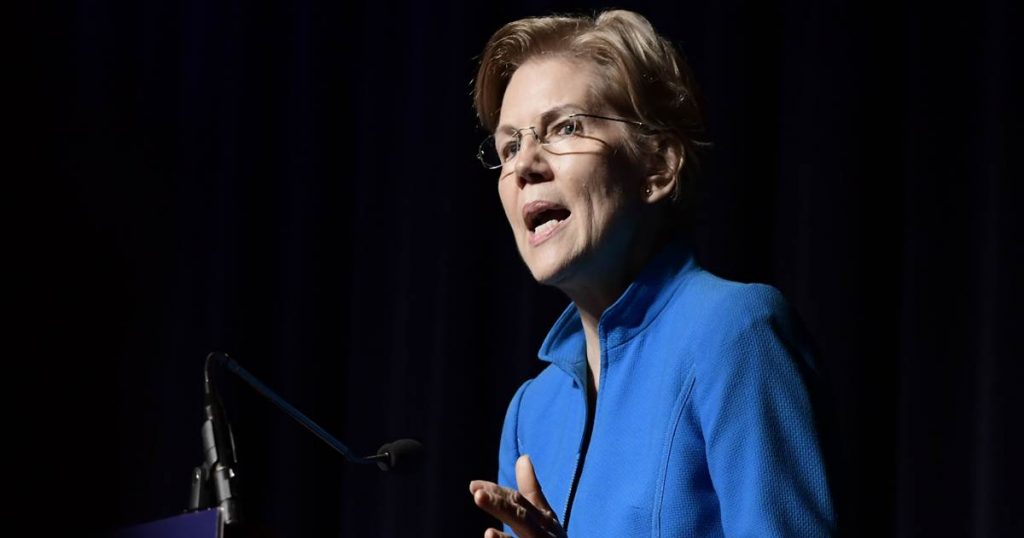Democrat candidate for presidency Elizabeth Warren announced that her proposed wealth tax will be used to remove student debt and tuition fees from public colleges, says CNBC. According to Warren, this prospective initiative will positively impact around 95% of the American population affected by college debt. However, the CNBC report says that the tax will ‘wipe it out’ for about 75% of Americans with such debts.

The current Massachusetts senator aims to make higher education more accessible by spending $1.25 million over a period of 10 years in order to pay off about $50,000 college debt for households with incomes below $100,000. The plan also includes making public higher education free of any tuition fees, while also spending $100 billion on grants to ease up non-tuition charges.
Warren surpassed other 2020 presidency candidates due to her proposals intending to address the U.S. economic issues with the proposed wealth tax at the cusp of her plans. This tax will enforce an annual tax of 2% for assets beyond $50 million. An additional 1% will also apply for fortunes going over $1 billion.
Student debt facts and figures
To gain a better perspective about the matter, 2019’s statistics on student loans are the highest recorded in the United States. According to Forbes, the number of total borrowers is now $44.7 million. This amounts to a whopping $1.56 trillion in debts, making this type of loan the top two consumer loan category. It is now only behind housing loans, while it surpasses credit card and auto loans.
The delinquency or default rate for college debts is 11.4% with more than 90 days delinquency.
Ultimately, Warren’s proposal also aims to close the wealth disparity between white people and people of color. Part of the plan involves granting a $50,000 funding to ‘historically black colleges and universities.’













